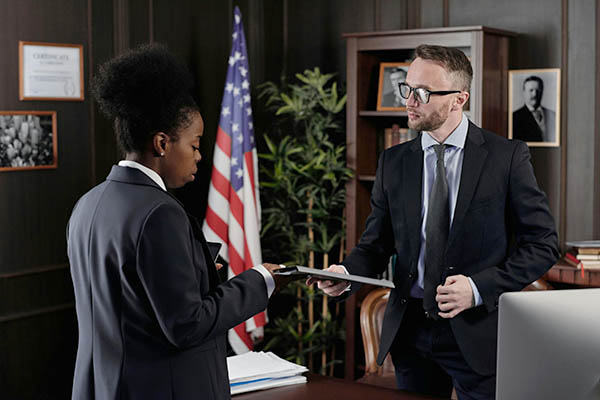Philosophy Careers
Think Success!
A complicated world needs clear thinkers.
A degree in philosophy opens up a world of professional opportunities. Philosophy majors have gone on to excel in diverse fields such as business, law, medicine, politics and more. The critical thinking, ethical reasoning and problem-solving skills you develop will make you a valuable asset in any career. So, whether you're aiming for a specific profession or exploring various paths, your philosophy degree will equip you for success and fulfillment in life.

High Graduate School Scores
Year after year, philosophy majors are scoring top marks on the GMAT, GRE, LSAT and MCAT.
$71,000
Because philosophy opens up a lot of career options, salaries vary. The mid career median for philosophy majors is $71,000, similar to other degrees.
Evolve Your Degree
57.3% of philosophy majors have a graduate degree. If you want to stand out in the job market and find your niche, consider grad school.




Career Options
Discover where you can work with this degree.
Philosophy is a gateway to endless possibilities! You can work practically anywhere. Many of our students choose to double major or minor to broaden their horizons. We've had graduates that majored in philosophy go on to careers as lawyers and doctors. Here are some of the other careers in which our graduates have flourished.
- Social Worker
- Investment Broker
- Teacher
- Public Relations Director
- Accountant
- Policy Analyst
- Librarian
- Diplomat

Ask an Expert
Does God exist? Do we survive our bodily death? Does life have a meaning? What is the best life a person can lead? Is beauty in the eye of the beholder? Professor and department-chair Hye-Kyung Kim, is available to ponder your philosophical questions both great and small.